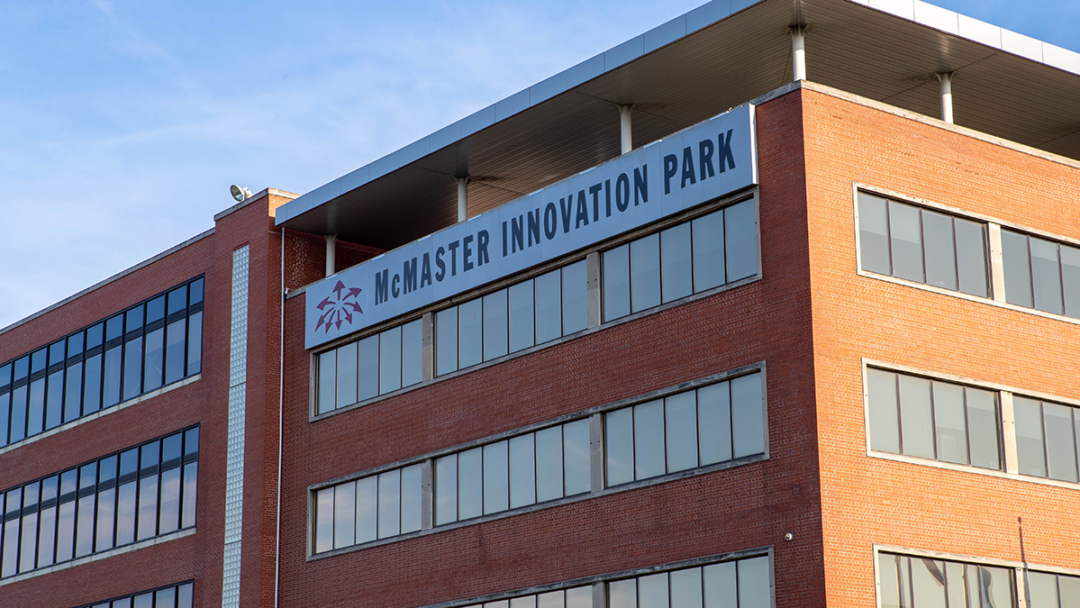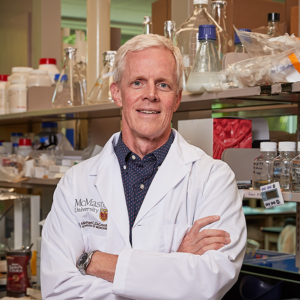McMaster-affiliated biotech acquires assets, tech, and talent from university spinout

Kapoose Creek Bio, a B.C.-based biotech that specializes in discovering new drugs from nature using AI, announced today an exclusive licensing and asset acquisition agreement with Adapsyn Bioscience, a chemical bioinformatics company based in Hamilton.
As part of the agreement, Kapoose Creek Bio will gain access to Adapsyn’s cutting-edge AI technology and natural products database to advance its drug discovery and development activities. Kapoose will also acquire Adapsyn’s core chemistry laboratory and four of its top scientists, whose expertise span chemistry, microbiology, and computation.

Both companies have close connections to McMaster — Adapsyn was spun out of McMaster professor Nathan Magarvey’s lab at the Michael G. DeGroote Institute for Infectious Disease Research in 2016, and Kapoose Creek Bio is headed by McMaster professor Eric Brown. Kapoose is also supported by Global Nexus, a health innovation accelerator based at McMaster.
With the move, Kapoose Creek Bio will strengthen its ties to the University by officially expanding its operations to Ontario, with a new location at McMaster Innovation Park (MIP).
“We are thrilled to be growing Kapoose Creek Bio’s footprint in Canada by formally planting roots at McMaster and expanding our team of experts,” says Brown, CEO of the company.
Debbie Martin, McMaster’s Associate Vice-President of Real Estate and Partnerships, says the move firmly embeds Kapoose into one of the country’s top innovation hubs.
“Hamilton is home to a vibrant network of leading innovators in the Canadian life sciences sector, and MIP is delighted to welcome Kapoose Creek Bio to our community,” she says. “We are eager to see the company make strides in solving critical problems in natural product drug discovery, and MIP is the perfect place to make it happen.”
Kapoose Creek Bio is currently working with two advanced chemical compounds that are showing therapeutic promise against neurodegeneration and neuropsychiatric diseases. The company, with the support of Genome Canada and other McMaster researchers, is already working toward optimizing both compounds for human dosing.
Brown says the new agreement with Adapsyn will only accelerate those efforts.
“This new talent and infrastructure will allow us to rapidly build on the remarkable progress that we have already achieved to date,” he says. “We are well on our way to developing some groundbreaking therapies derived completely from nature.”
Collaborations & Partnerships, ResearchRelated News
News Listing

Brighter World ➚
Analysis: Ontario’s high-stakes bet on iGaming: Province profiting from online betting but at what cost to problem gambling?
Research
21 hours ago

The power of cinema: Study shows film intervention reduces violence against children
Dept. Psych, Offord Centre for Child Studies, Research
4 days ago

